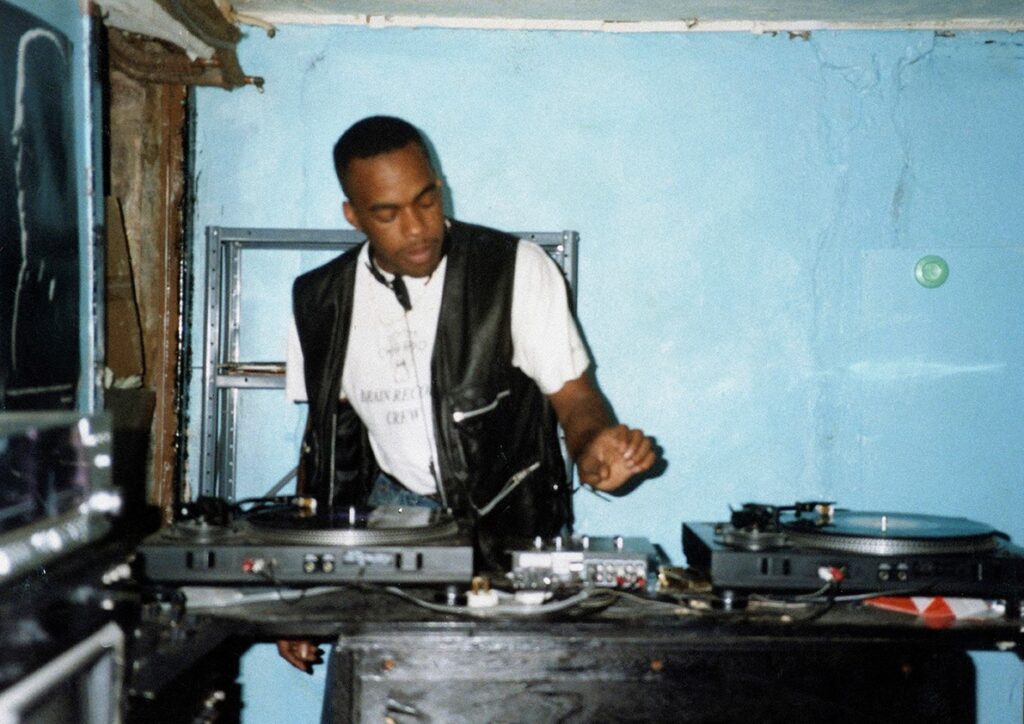Thursday 25 November 2021 - Sunday 2 October 2022
12:00 am
Free

Sweet Harmony: Radio, Rave & Waltham Forest, 1989-1994 began as a research project by Rendezvous Projects in 2019. Originally funded by National Lottery Heritage Fund, the most recent part of the project is being funded by Waltham Forest Council.
The project looks at a significant five-year period in the UK dance music history and the contribution that young people living and working in the London Borough of Waltham Forest at the time made to it. Previously undocumented, Rendezvous Projects are now bringing these stories to life, celebrating them and preserving them for future generations.
1989 – 1994 was a distinct period in music history; at the end of the acid house music scene, garage, hardcore, jungle and drum and bass all emerged in quick succession. Through their research, Rendezvous Projects have established that Waltham Forest played an important role in the development and dissemination of these musical genres, influencing a generation of musicians and young people. The social history captured demonstrates the interdependencies and relationships between location, post-war architecture and diverse communities, and how they all contributed to a potent and creative period of time.
The exhibition includes oral histories, photographs, video, audio, flyers and ephemera, as well as rare hand-painted banners designed by local company Bannerama and original printed magazine Ravescene. Over 30 oral histories have been recorded with people who made significant contributions to this scene and the borough’s cultural heritage, and so far include Chelsea-Louise Berlin, Cool Hand Flex, Linden C, Andy Clockwork, Dlux, DJ Rap, Vicki Edwards, Stephen Hebditch, Ronnie Herel, Gordon Mac, MC Navigator, Jessie Grace Mellor, Roger the Doctor, Slipmatt, Tim Strudwick, Uncle 22 and Warlock.
Before this project there was very little record of the Waltham Forest’s contribution to UK dance music, either online or in print. As with many working-class (and mainly black) histories, the story had largely been told by those with greater privilege. Rendezvous Projects look to redress this balance, celebrating, highlighting and recording the hard work, creative entrepreneurship and talent of the people involved, and putting the protagonists’ own voices at the heart of the story.
